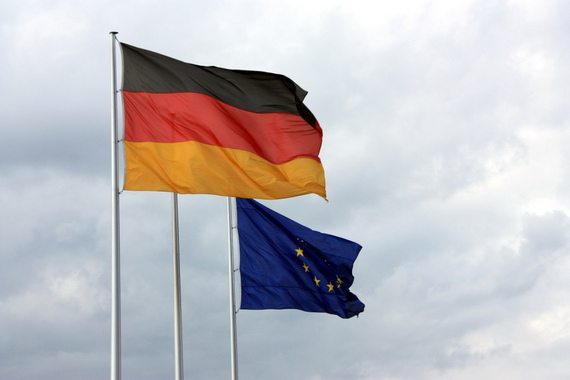Solidarity or Self-interest? European Integration and the German Question
Less than 50 years later and the country was reunified, but it was a more restrained Germany on the European stage, deeply aware of its past and struggling to bear the economic burden of incorporating East Germany into the West German republic. Still, Mann was in many ways correct, for it is Germany’s financial might and its very deep resources which have so far kept the European integration bicycle pedaling forward. Yet as the recent negotiations over the third bailout of Greece illustrated, there are signs that Germany’s largesse and its willingness to sacrifice its own interests for the sake of the European project have definite limits.
Twenty-five years ago, everything seemed possible. “Do you realize that you are sitting opposite the direct successor to Adolf Hitler?” Chancellor Helmut Kohl said to an astonished Timothy Garton Ash shortly after re-unification. It was evident, said Ash, that as the first chancellor of a united Germany since Hitler, Kohl was profoundly conscious of his historical duty to do things differently.
Germany today is earnest in its desire to be a good European neighbor, but it does not believe that it can or should pay any cost as part of this role. One problem is that economic, not ethical values have become the lodestone of the European Union. As a hybrid construct, the EU lacks the societal dimension which, within the nation-state, is the critical element that allows one group of people to identify with another and which legitimize government actions designed to help one part of the community at the expense of another. People in London or New York accept, perhaps grudgingly, that their tax pounds and dollars may be used to fund projects for the benefit of people in Cardiff or New Orleans. They accept this because they recognize the others as being members of the same community.
Read More: Solidarity or Self-interest? European Integration and the German Question | David Miles

